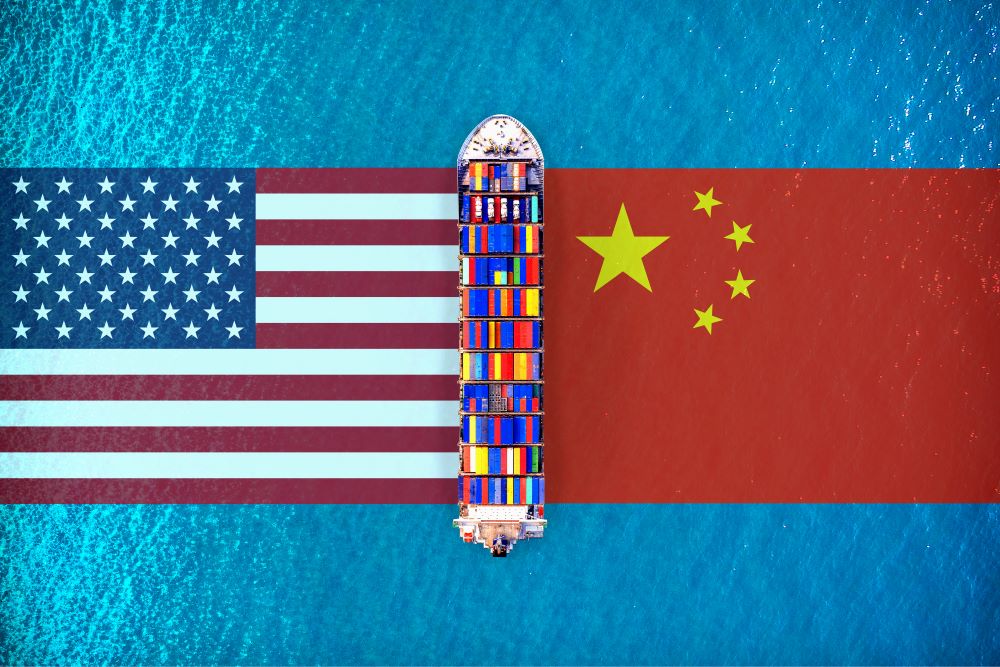
US president Joe Biden and Chinese president Xi Jinping emerged from a summit yesterday (15 November) with a series of agreements, possibly heralding the a softening of tensions between the two geopolitical superpowers.
Biden said that the series of meetings with his Chinese counterpart “were some of the most constructive and productive discussions we’ve had,” referring to the at-points fractious history the pair have shared. He said that they first met as vice-presidents of their respective countries and had known each other for ten years.
Meeting at the Asia Pacific Economic Cooperation (APEC) leaders’ summit in San Fransisco, both acknowledged that the last few years had not been “smooth”, but hailed positive progress.
Deal announced
The White House announced a deal to stop shipments from China of ingredients used in the production of fentanyl, an illegal and harmful drug that is currently ravaging communities across the US.
Fentyanl is reportedly causes over 70,000 deaths in the US a year and is one of the biggest killers of Americans between the ages of 18 and 49.
The agreement, which was first reported by Bloomberg, would see Washington and Beijing working more closely together and China agreeing to crack down on the supply of chemical ingredients and pill presses that are currently being exported from its shores.
Other agreements included a resumption in military-to-military direct contact between the US and China, as well as expert discussions over artificial intelligence, an expansion of cultural and educational exchanges and an increase in commercial air travel starting next year.
Differences remain
In his statement, Biden emphasised that differences still remained between the two, particularly over China’s economic practices and ongoing geopolitical differences over Taiwan.
The Guardian reported that Xi told Biden that Taiwan was “the biggest, most potentially dangerous issue in US-China relations”.
The US leader also caused offence when he called his Chinese counterpart a “dictator”.
“Look, he is,” Biden said. “He’s a dictator in the sense that he’s a guy who runs a country that is a communist country that’s based on a form of government totally different than ours.”
But things are improving
“The last four months have seen a truly remarkable improvement in communications between Washington and Beijing,” said Dimitar Gueorguiev, director of Chinese studies at Syracuse University, told the BBC.
“Much of that was directly tied to this Apec meeting, however... we should not assume that the positive momentum can or will be sustained.”



